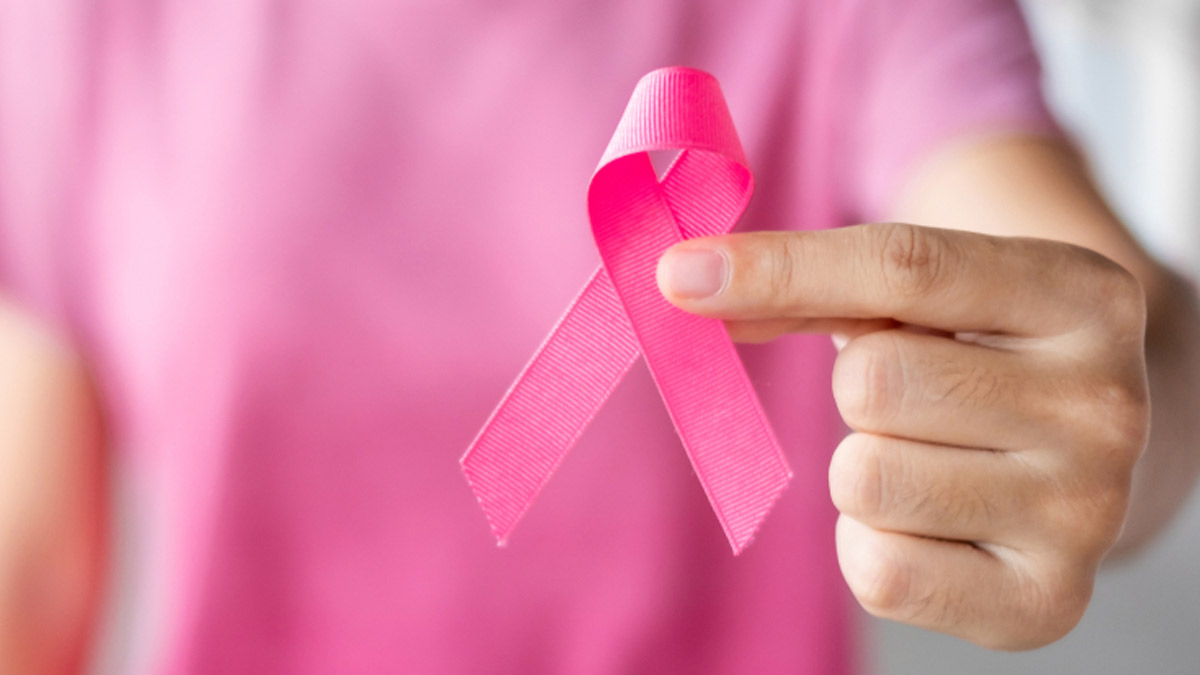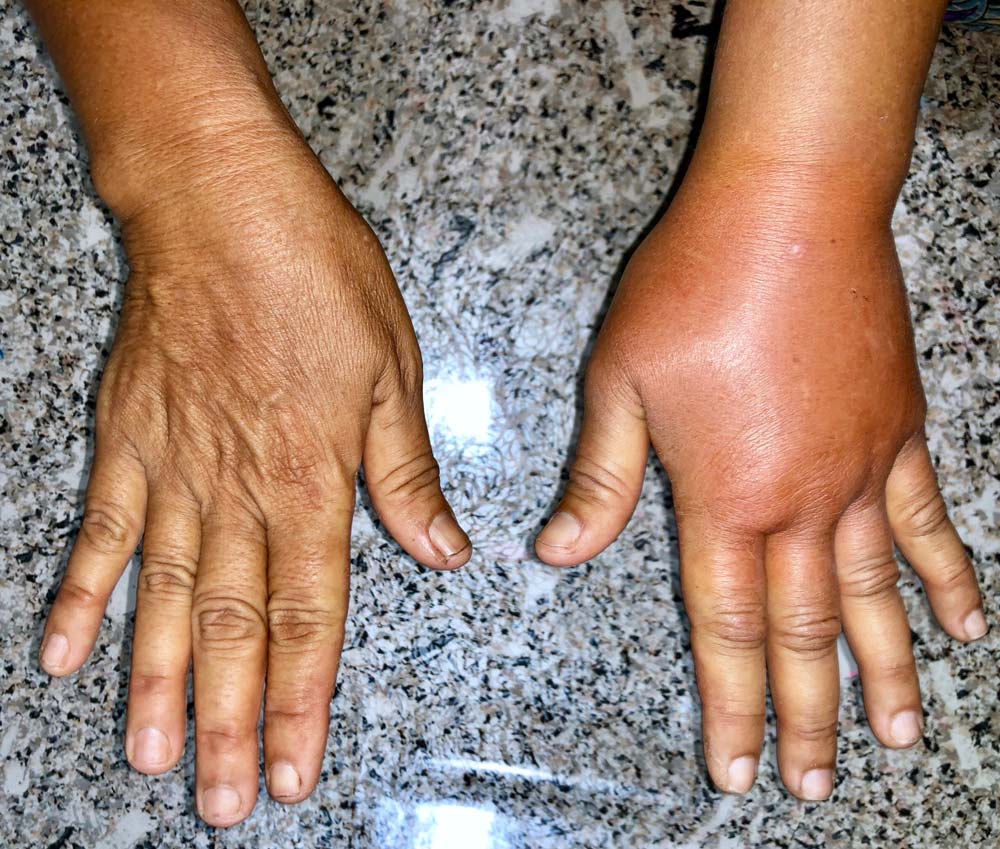
Breast cancer remains a formidable adversary, affecting millions of women worldwide. Despite advancements in diagnosis and treatment, understanding the possible complications associated with this disease is crucial for both patients and healthcare providers. From physical challenges to emotional and psychological impacts, the journey through breast cancer can be multifaceted. We spoke to our expert Dr Pradeep Mahajan, Regenerative Medicine Researcher and Founder of StemRx BioScience Solutions India, who explained the possible complications of breast cancer.
Table of Content:-

According to the World Health Organization (WHO), breast cancer is caused by abnormal breast cells that proliferate and develop into tumours. Tumours have the potential to spread throughout the body and become fatal if ignored.
Over one in ten new cases of cancer detected in women are related to breast cancer, making it the most common disease diagnosed in this demographic. It is the second leading cause of cancer-related deaths worldwide for women, as stated in StatPearls.
Physical Complications Of Breast Cancer

Lymphedema
One of the most common physical complications post-breast cancer treatment is lymphedema, characterised by swelling in the arms or chest. “This condition arises due to the removal of lymph nodes during surgery or damage caused by radiation therapy, leading to impaired lymphatic drainage”, said Dr Mahajan.
Dr Pradeep Mahajan emphasises a holistic perspective on addressing the complications of breast cancer. He said, “The potential of regenerative medicine interventions to mitigate physical challenges like lymphedema offers innovative solutions to restore normal tissue function.”
Fatigue
Cancer-related fatigue is a pervasive issue that affects patients undergoing various treatments, such as chemotherapy, radiation, and surgery. The persistent feeling of tiredness can impact daily activities and quality of life.
Also Read: Balancing Parenthood And Breast Cancer: Expert Explains Strategies For Success

Infertility
Dr Mahajan added, “Certain breast cancer treatments, particularly chemotherapy, may impact fertility in women. Precautionary measures like fertility preservation options should be considered for those wanting to conceive in the future.”
Emotional and Psychological Complications
Anxiety and Depression
“A breast cancer diagnosis can trigger intense emotional responses, including anxiety and depression. Coping with the uncertainty of the disease, treatment side effects, and fear of recurrence can contribute to mental health challenges”, highlighted Dr Mahajan.

Body Image Issues
Surgical interventions, such as mastectomy or lumpectomy, can lead to changes in breast appearance, causing body image concerns. Adjusting to these physical changes is an ongoing process that may require emotional support.
Post-Traumatic Stress Disorder (PTSD)
Some individuals may develop symptoms of PTSD following a breast cancer diagnosis and treatment. Flashbacks, nightmares, and heightened anxiety are manifestations of the emotional toll the experience can take.
Also Read: Advances in Breast Cancer Treatment: Expert Explains Targeted Therapies and Immunotherapy
Long-Term Complications For Breast Cancer

Osteoporosis
“Certain breast cancer treatments, particularly hormonal therapies that reduce oestrogen levels, may increase the risk of osteoporosis and bone fractures. Regular monitoring and appropriate interventions are essential to manage bone health”, said Dr Mahajan.
Cardiovascular Issues
Some treatments, such as certain chemotherapy agents and radiation therapy, may have long-term effects on the cardiovascular system. Monitoring heart health and adopting heart-healthy lifestyles become crucial for survivors.
Bottomline
Dr Mahajan concluded, “While advancements in breast cancer treatment have improved outcomes, it is essential to recognise and address the potential complications that may arise during and after the journey. A comprehensive approach that includes physical rehabilitation, mental health support, and long-term monitoring can enhance the overall well-being of breast cancer survivors.”
[Disclaimer: This article contains information provided by an expert and is for informational purposes only. Hence, we advise you to consult your expert for a treatment approach tailored to your needs and medical history.]
Also watch this video
How we keep this article up to date:
We work with experts and keep a close eye on the latest in health and wellness. Whenever there is a new research or helpful information, we update our articles with accurate and useful advice.
Current Version
